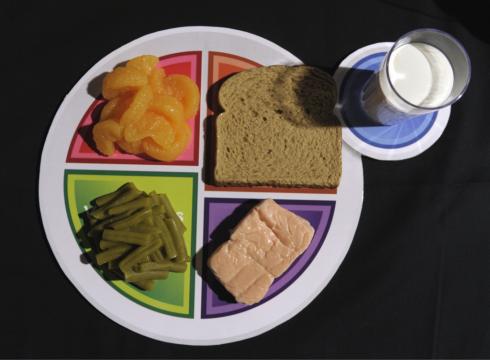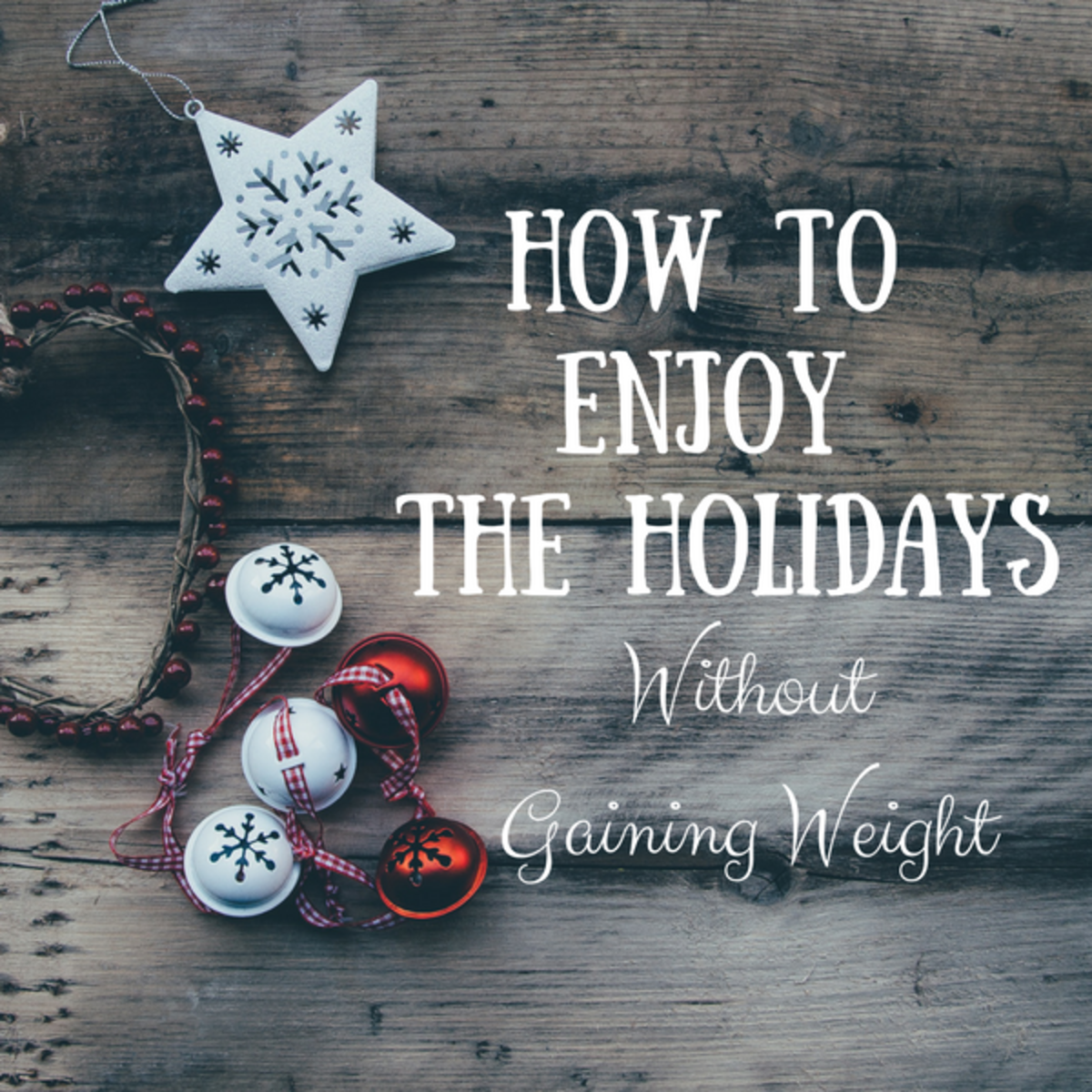How to Survive the Holidays with an Eating Disorder

The holidays can be a stressful time for anyone, let alone someone with an eating disorder such as anorexia, bulimia, EDNOS/OSFED, or binge eating disorder. With the focus on big meals and get-togethers, holidays like Thanksgiving, Easter, and Christmas can be triggering. It can be tempting to turn to all the holiday treats as a form of stress relief, or to refuse all meals in order to gain a sense of control. However, this is unhealthy, and these behaviors can result in a relapse. Using some of the coping strategies below will help you to survive the holidays without turning to your eating disorder.
1) Plan Ahead
Planning ahead is very important for holiday meals and get-togethers. This step is key to help reduce stress associated with the event. Try to get all the information you can about the event beforehand, such as where it will be held, who is going to be there, and what dishes are going to be served. You can always bring your own dish to not only contribute something to the meal, to ensure you have something you feel comfortable eating. People with body image issues may also be able to reduce some stress by planning their outfit for the event early as well. Don't feel bad about needing extra information or support during this time - your loved ones will understand!

2) Have a Support System in Place
Before any stressful event or situation, have a support system in place. Know who your support people are and how to contact them, whether they are going to be there with you, or if you are going to call them, send them a text message, or even instant message them on the computer. If you feel uncomfortable speaking about your situation, consider having a special phrase with your support person so they will know you are struggling and you need a break. Know where the exits are so you can step out to get a moment alone and get some fresh air if things get overwhelming.
3) Set Goals
Set personal goals for yourself that don't revolve around food, weight, or exercise. These goals could be to focus on family and friends, use healthy coping skills, or to engage in a self-care activity. Having a goal will give you something else to focus on, and it can help you feel good if you achieve it! Some people may benefit from keeping a daily goal journal during the busy holiday season. Remember - no weight or food based goals!

4) Practice Eyeballing and Portioning
Practicing eyeballing and portioning before going to an event that involving food can be very helpful. This is especially true if you know you will be going somewhere that is serving food family style. Eyeballing and portioning can help you to know what a serving size is. If you can, work with a professional, such as a nutritionist or dietitian. They will be able to give you helpful tips, such as a serving of meat is the size of the palm of your hand. This can help someone to feel less out of control when they are at an event with unfamiliar foods and surroundings, even if you are eating at a buffet-style meal.
5) Be Honest With Yourself
It is important to recognize that your own feelings and emotions! You need to be honest with yourself and recognize your limitations. If you feel like an event is too stressful for you to handle or that you don't want to do it, don't force yourself to. Forcing yourself into uncomfortable situations may lead to using unhealthy coping skills and resorting to eating disorder behaviors. Take care of yourself first and decide what you really want to do. During a stressful time, it can be helpful to keep a journal that tracks your moods before and after meals so you can see how you are doing with your recovery.

6) Keep a Gratitude Journal
The holidays can be incredibly stressful and trying to anyone, let alone someone struggling with an eating disorder. One way to keep a positive perspective is to keep a gratitude journal. A gratitude journal is a journal you use every day to write down anywhere from one to five things you are grateful for that day. These could be something big, like being able to avoid all ED behaviors that day, to anything small, like you were thankful the sun came out for a few hours.
7) Stick to Your Meal Plan
If you have a meal plan in place for your recovery, try your best to stick to it during the holiday season. This will help you stay on track during a stressful time. The meal plan can help you to stay within your comfort zone during events that involve food. Try discussing your meal plan with your therapist or support team to incorporate holiday foods. Remember, eating too little can lead to bingeing, so try to stick to your daily recommended amount of calories.
Hopefully these tips can help those with eating disorders relax and enjoy the holidays more. Remember, the holidays are a time for love and compassion, and that includes for yourself as well! Work on fighting your eating disorder so that you can truly enjoy the holiday season.
© 2011 Nora B








